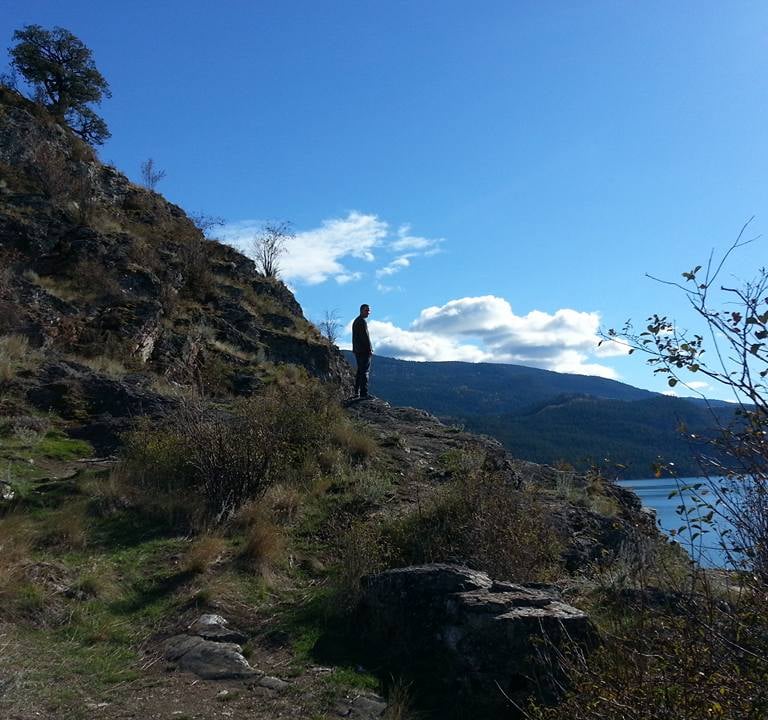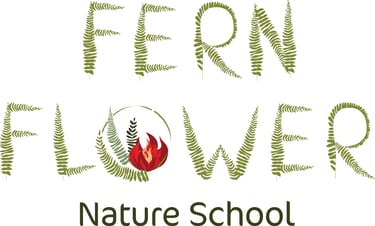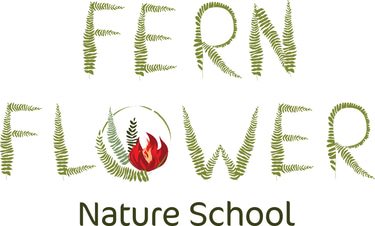

Education and Qualifications:
Early Childhood Educator Assistant; First Aid Certified; and a Father.
Occupation in FFNS:
Early Childhood Education Assistant (ECEA)
Kyle Lucas

About the Educator:
My name is Kyle Lucas, and my journey into the realm of education has been both personal and profound. Having always harbored a keen interest in the field, my connection with education strengthened significantly when I married my wife, Lera. Motivated by a shared passion, I played a crucial role in supporting her pursuit of an Early Childhood Education (ECE) degree. The arrival of our first child in 2021 deepened my commitment to early years' education, prompting a move to the tranquil Qualicum Bay / Bowser Area. Recognizing the importance of professional development I obtained my license in Early Childhood Education Assistant (ECEA) in 2022, aligning my skills with our shared vision of creating an enriching and nature-inspired learning environment for the children we are privileged to guide. In collaboration with Lera, we embarked on the exciting venture of establishing Fern Flower - Nature School.
Philosophy:
VALUES:
A classroom requires values to consistently apply educational principles and behavioral limits. Strong values like reading and outdoor play can be internalized by the children and inform their later passions and decision making. While maintaining consistent classroom principles it is possible to integrate values, stories and culture from the parents into the class. Parental involvement benefits all children, whether in sharing their values and culture or through volunteering their time.
CONTINUED EDUCATION:
If we wish to help children understand their immediate environment and assist them in becoming well adjusted to their futures, we need to maintain a high personal educational standard for ourselves. A teacher’s observational skills and deep understanding of psychological and educational theory allows them to better connect with and guide the multitudinous backgrounds and personalities of the children in their care. The interests and education of a teacher directly affects what and how novel materials and subjects are introduced into the class. The greater diversity of understanding an educator possesses the greater insight and opportunity they will be able to bring to their classroom.
CURRICULUM DEVELOPMENT:
Curriculum planning should allow the teacher to form activities around group interests and the individual needs of each child. An educator can add cohesive thematic elements to the disparate activities of the day, week or month in order to foster development and deeper interest in areas that the children might not otherwise have natural exposure to. Scheduling and planning should create an engaging flow of activities and ease transitions while allowing emergent experiences to replace set structures. Children need a balance of consistency and novelty and educators make their jobs easier by responding in a prepared and organized way.
CONFLICT RESOLUTION:
Children should be given space to handle conflict independently. Teachers need to assume an observational role until a situation has the potential to become unsafe, the children request mediation or a conflict is left unresolved with negative feelings permeating the parties involved. An educator’s goal should be to guide children through their own feelings and to help them empathize with the viewpoint of their peers. From there the children should be encouraged to brainstorm strategies in order to elucidate a satisfactory resolution. Children need to be given space to implement any tasks involved in resolving the conflict and the teacher should resume observing the situation unless they are needed.
NATURE ORIENTATION:
Outdoor environments encourage physical play through hiking, running, crawling swimming, climbing, rolling and jumping in and around various obstacles and terrain. Children can build scientific inquiry and an appreciation for their natural environment through observing nature and hands on explorations of various materials and objects. Children build resilient spirits and immune systems by encountering various weather conditions and by getting dirty outdoors. Learning practical outdoor skills helps foster independence and a child’s sense of control within their environment.
STORYTELLING:
Storytelling expands a child’s perspective to explore viewpoints and ideas outside of their daily lives. Storytelling has a huge impact on not only verbal development but also on a child’s rational, abstract, empathic, internal and relational understandings. Stories allow children to connect with the past and sparks an interest in their present and future. Teachers may introduce stories thematically and strategically to enhance discussions of topics of interest or conflict resolution strategies. The development of early storytelling passions in children leads to better future learning outcomes, independent investigation and a foundation to build more sophisticated reading and writing skills.
PLAY-BASED LEARNING:
The integration of play into every learning experience means that children can become more wholly absorbed in the material and have direct, hands-on experiences with a given subject. This allows children to better remember and explore ideas independently. Subject matter that children learn about and associate with playful activity has a foundation from which to develop into life long passions. By showing children how to turn mundane or difficult subject matter into play we give them tools to develop better learning strategies in the future. Age mixed play with older children, younger children and adults helps foster play and empathy outside the normal range of peer-to-peer play.
INDEPENDENCE AND ENVIRONMENT:
An educator’s job is to create an environment that supports the free exploration of ideas and to thoughtfully add relevant materials and activities to guide the natural curiosity of the class and individual children. Developing organized areas for circle time, quiet and meditation, dramatic play, crafts and other zones allows children to develop self-regulation and choose where to play and how to organize that play with their peers. By encouraging children to pursue learning, conflict resolution, social situations and play independently we help them to better develop into healthy and independent adults. A teacher should guide and interact with children in order to add to their repertoire of strategies, imagination and independence in all domains.
Hobbies and Interests:
Playing Music (Oud, Bass Guitar & Piano)
Ancient Languages (Classical Latin, Ancient Greek, Old English & Middle English)
Reading (Philosophy, comparative theology, Jungian psychology, history & economics)
Board games, pen and paper games & storytelling.
Computers (Software preservation, programming, procedural design)


Location
3827 Charlton Drive, Qualicum Beach, BC, Canada, V9K 1Z3
Contacts
fernflowernatureschool@gmail.com
+1-250-299-2054
Subscribe to
our Newsletter


